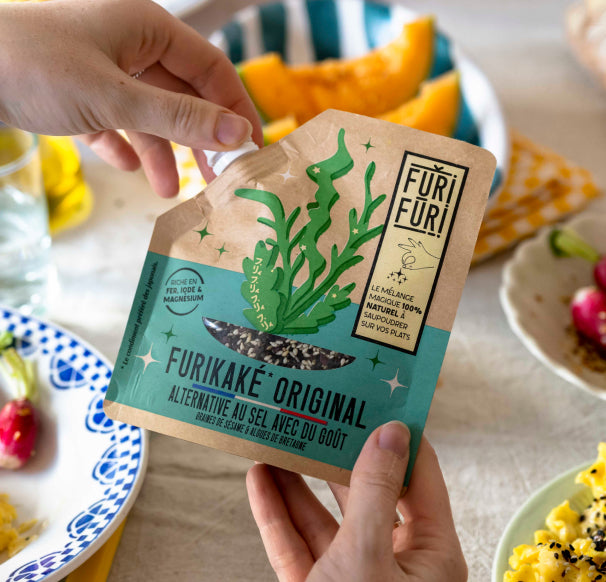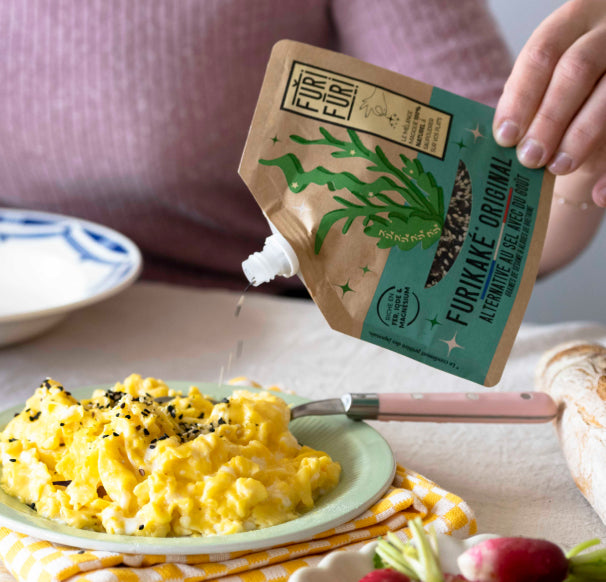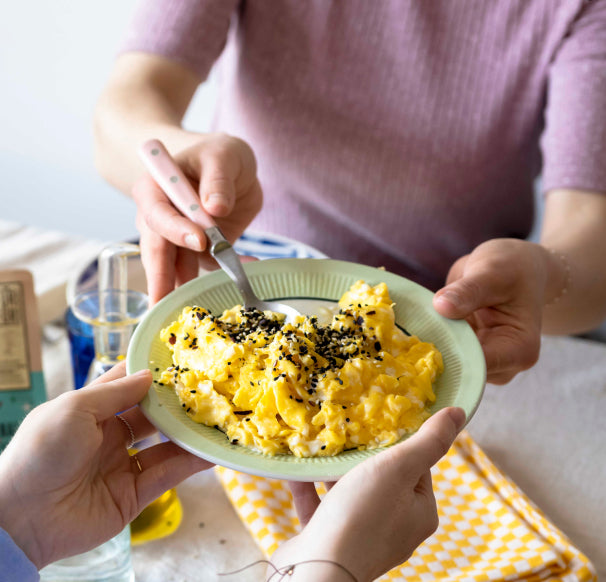UMAMI BOOK - large format - hardcover - 30 recipes
UMAMI BOOK - large format - hardcover - 30 recipes
 Satisfied or your money back
Satisfied or your money back
 Free delivery for purchases over €40
Free delivery for purchases over €40
 Customer support 5/7 days a week
Customer support 5/7 days a week
UMAMI the taste of harmony and connection
Large format book - hardcover
Co-written by Keisuke Matsushima (the super creator of our FuriFuri!) and Jess Grinneiser
What is taste?
Explore the mystery of taste by discovering umami, this fascinating and little-known "fifth flavor." Through an in-depth and documented analysis, embark on a sensory journey that will reveal the secrets of our palate.
What if we relearned how to eat well?
Reconsider your relationship with food and discover what makes healthy, flavorful food. Explore the diversity of natural flavors and home cooking through a selection of 30 recipes showcasing the delicious richness of fresh ingredients, blending Japanese and Mediterranean traditions.
Why the umami book?
Because it was inspired and co-written by Keisuke Matsushima, a world expert on umami taste. And Kei is the super chef behind FuriFuri, which boasts this perfect balance of flavors.
This is an excellently well-researched book: the first half of the book is theoretical, on taste, umami and taste synergies, the cultural importance of umami, how to develop it (cooking, fermentation, maturation, etc.) and the nutritional and health aspects linked to umami. Followed by a selection of 30 recipes classified by season highlighting the delicious richness of fresh ingredients, between Japanese and Mediterranean traditions. Dashi and broths, Spanish tortilla with bacon and asparagus, sea bass cooked with herbs, vegetarian soup with mushrooms and kombu, chicken in cream with vegetables, Japanese-style minced steak (hambagu), keema curry or even fried tofu and peanut velouté.
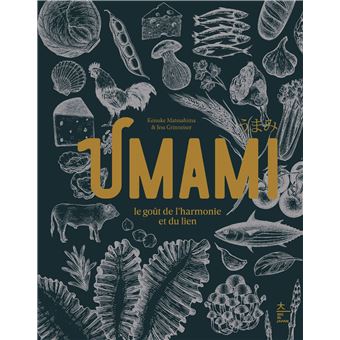
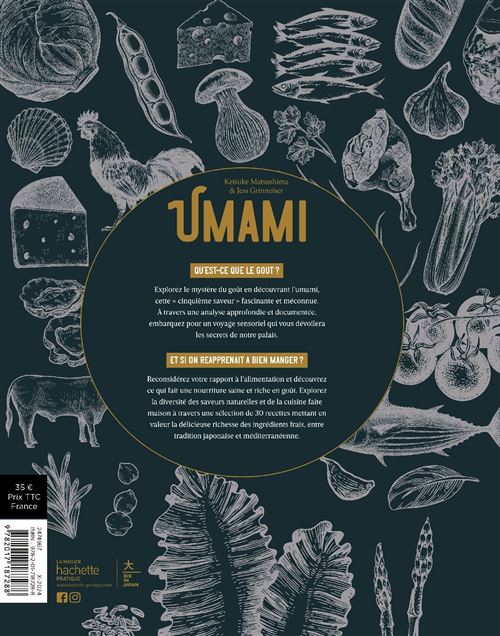
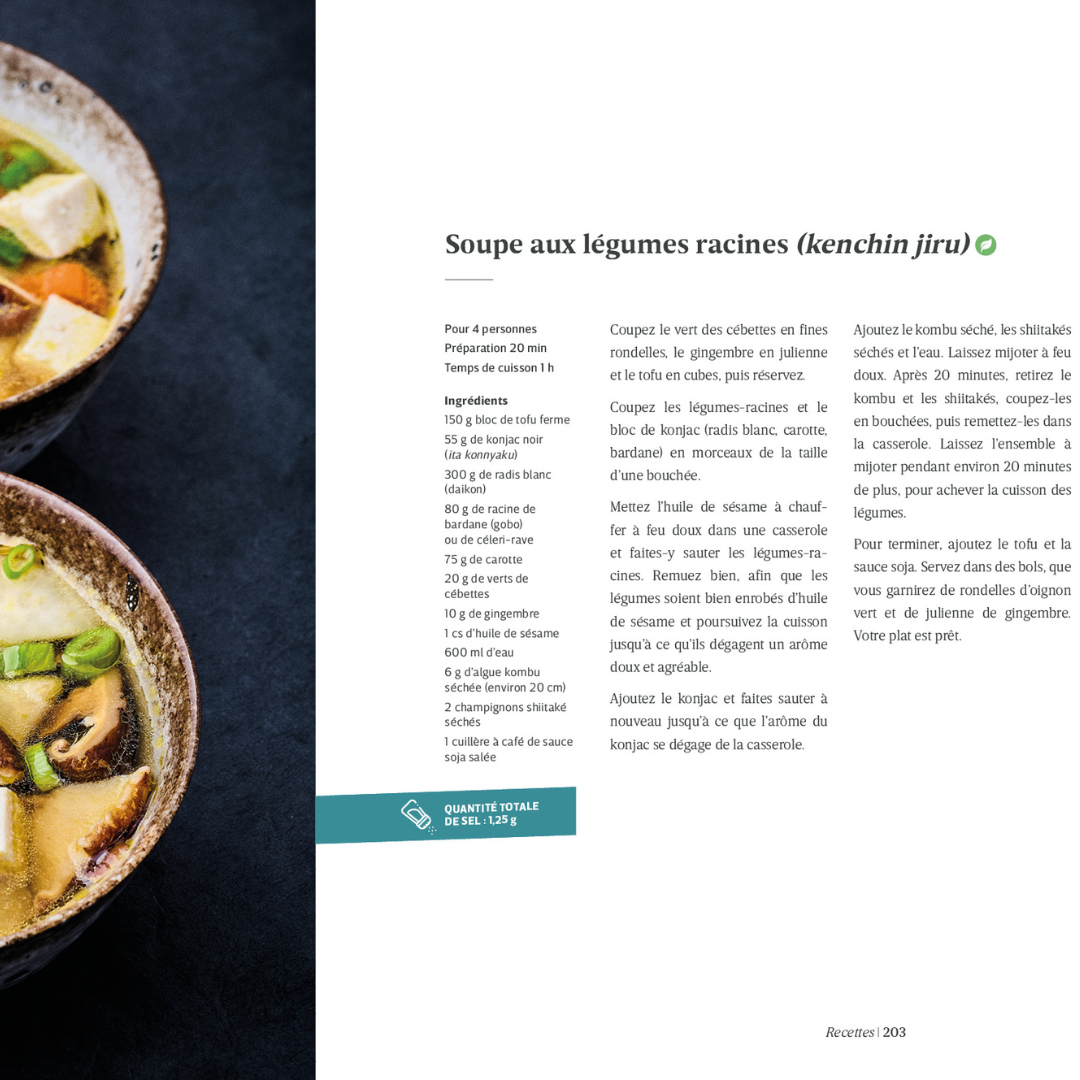
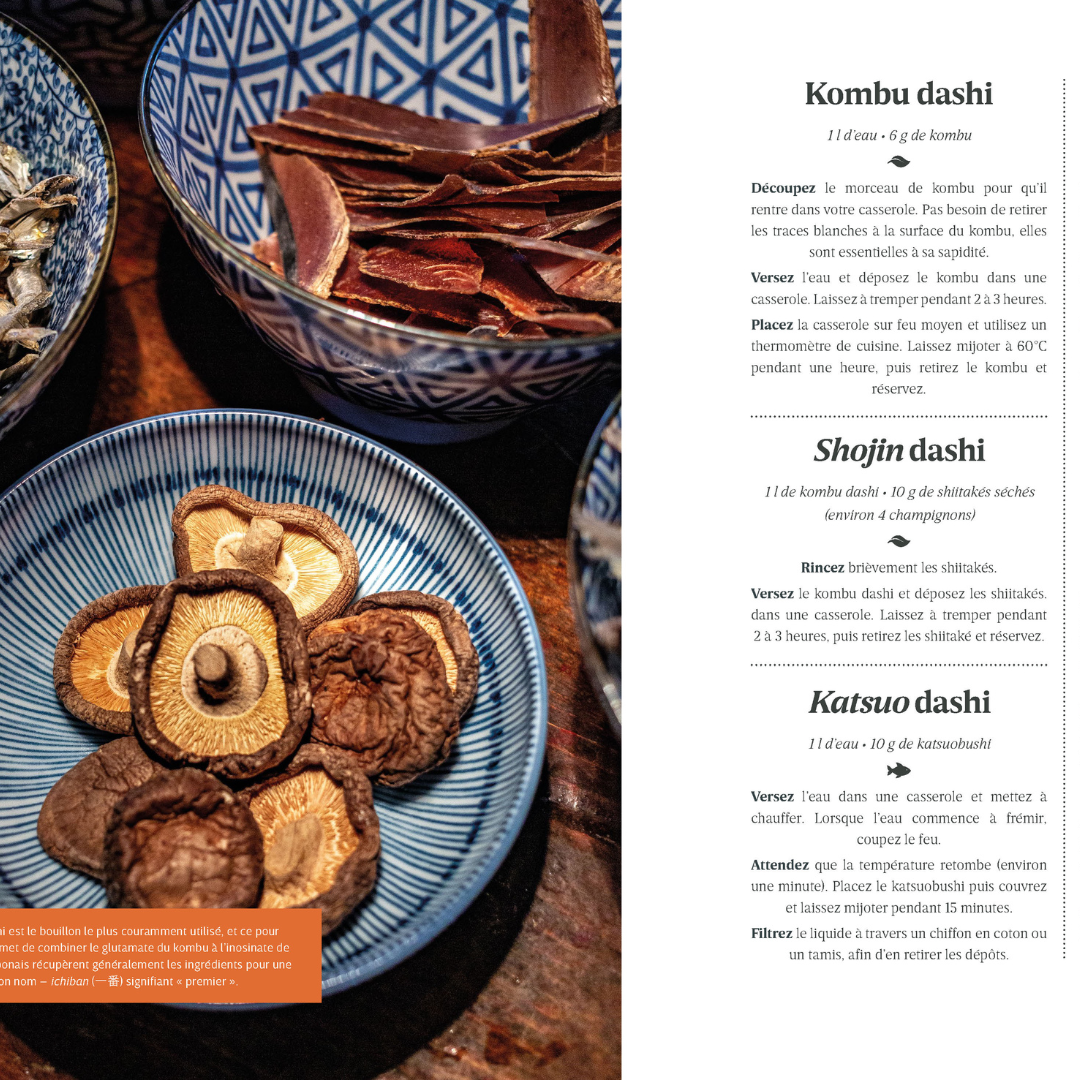
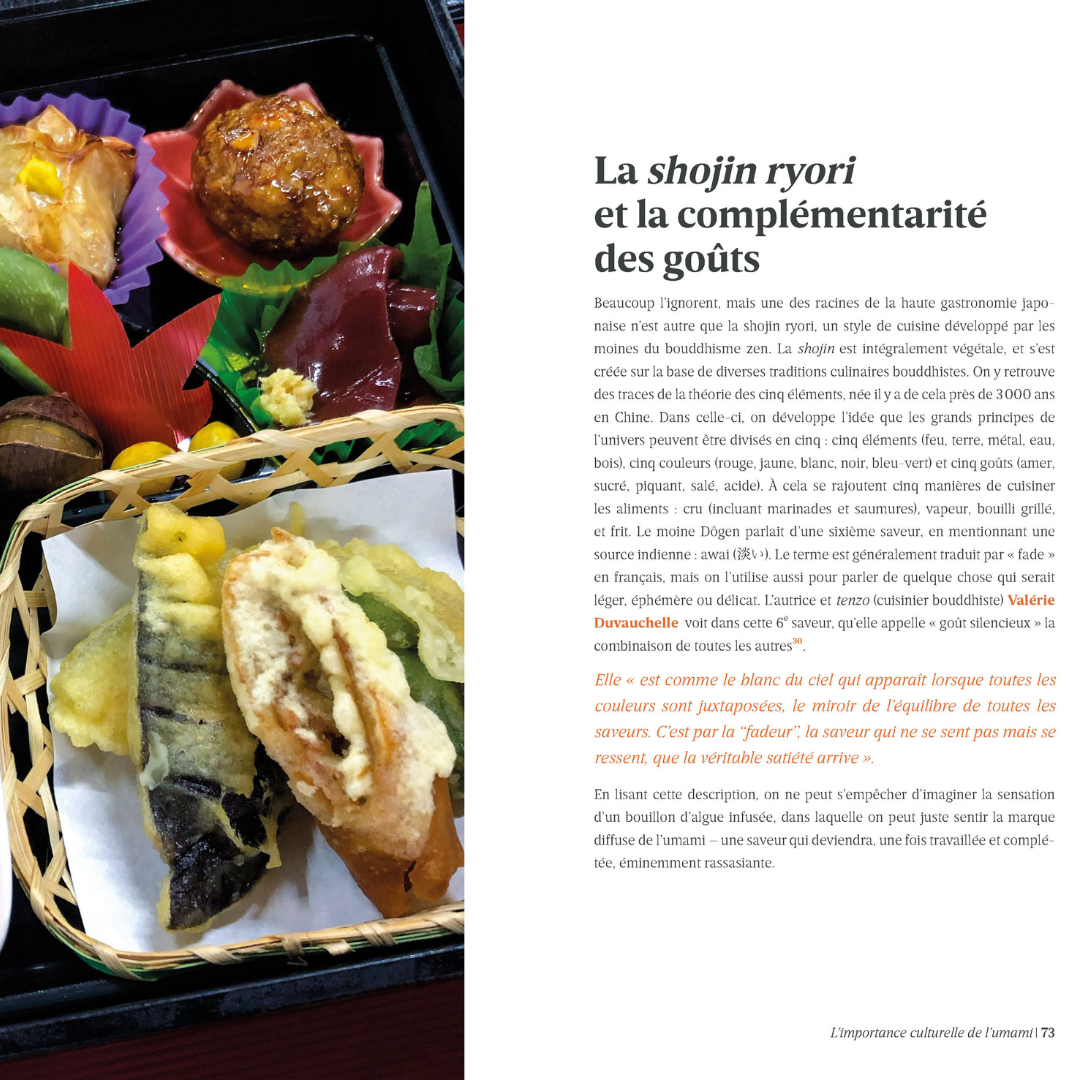
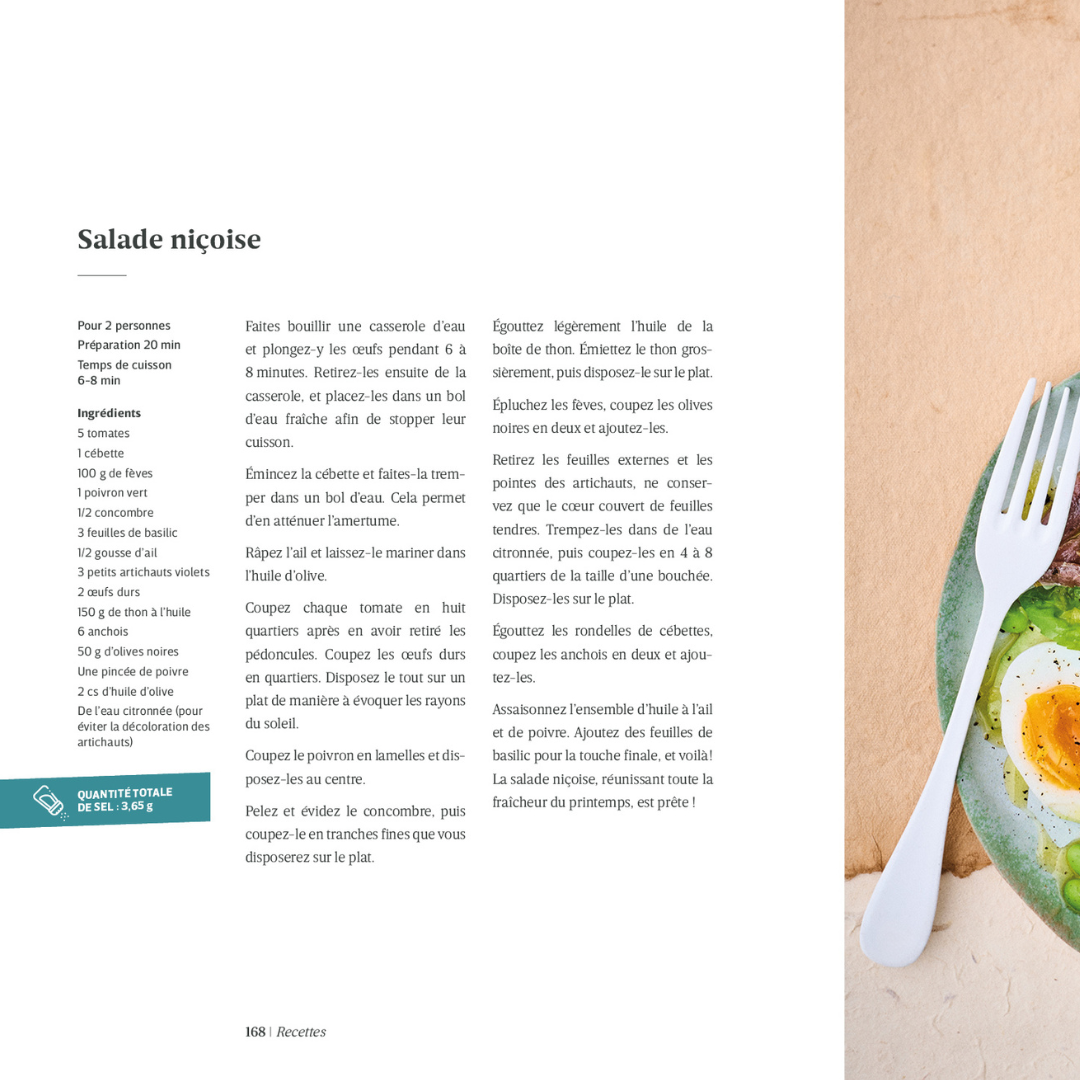
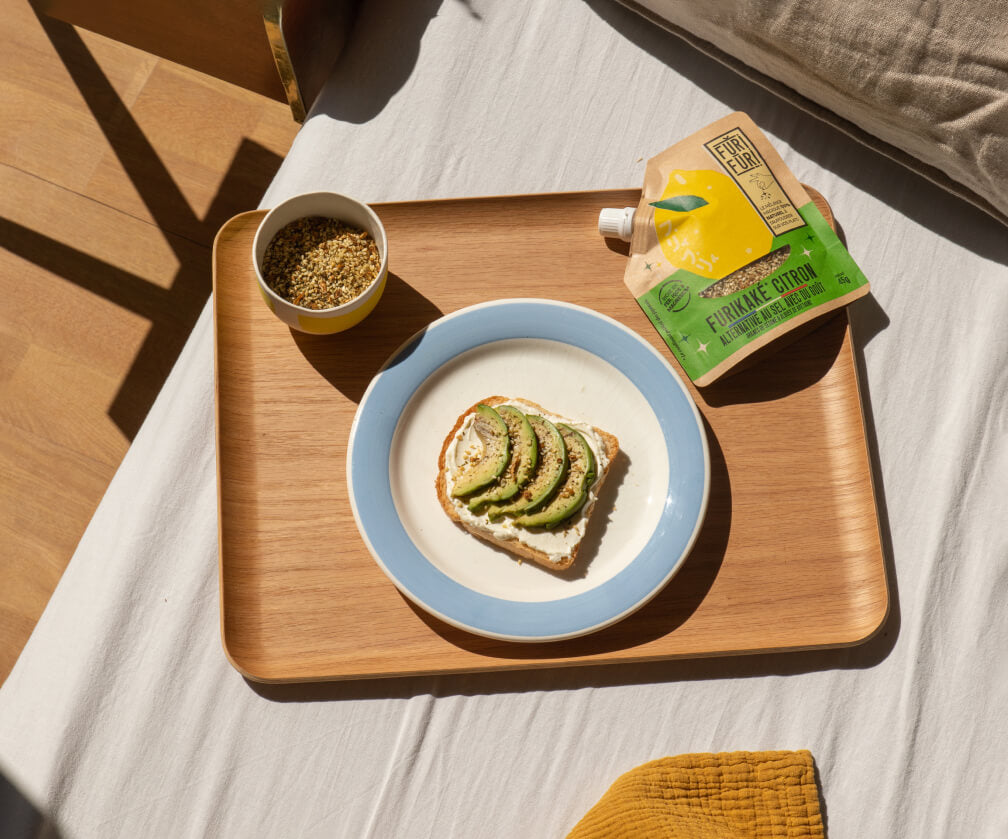
Why FURIFURI?
1. Consume less salt, naturally
Reduce your salt intake without sacrificing taste thanks to our 100% natural furikaké, made with organic seaweed from Brittany.
2. Furiously good for your health
FURIFURI is a true nutritional treasure: rich in proteins, fibers, vitamins and minerals (iron, iodine, magnesium).
3. Easy to use
In the blink of an eye, sprinkle FURIFURI on all your dishes to add color, crunch and flavor!
4. An explosion of umami
This furikaké made in France takes you on a journey with a little taste of “come back”!
FURIFURI versus its competitors
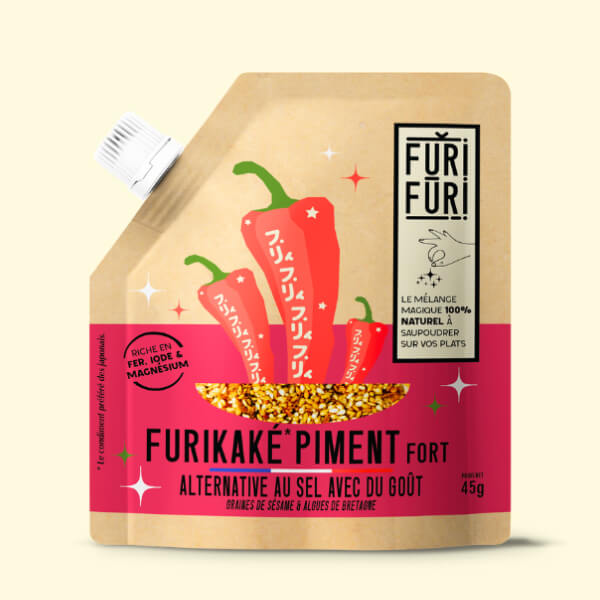
FURIFURI

Gomasio

Salt
Rich in iron, iodine & magnesium
Iron & Magnesium
No additives and gluten free
Algae from Brittany
Delicious & crunchy
Different flavors
Added salt
5%
8 to 12%
100%
Do you have a furious question?
What does FURIFURI mean?
Furikake is the most popular and widely used condiment in Japanese families. It was created in the 1920s by a Japanese pharmacist as a dietary supplement , especially for children who suffered from many deficiencies.
The recipe is mainly made from sesame seeds and seaweed and is originally sprinkled on rice bowls.
Is FURIFURI really all natural?
Furikake is the most popular and widely used condiment in Japanese families. It was created in the 1920s by a Japanese pharmacist as a dietary supplement , especially for children who suffered from many deficiencies.
The recipe is mainly made from sesame seeds and seaweed and is originally sprinkled on rice bowls.
Furikake... furika what?
Furikake is the most popular and widely used condiment in Japanese families. It was created in the 1920s by a Japanese pharmacist as a dietary supplement , especially for children who suffered from many deficiencies.
The recipe is mainly made from sesame seeds and seaweed and is originally sprinkled on rice bowls.
Who is FURIFURI for?
Furikake is the most popular and widely used condiment in Japanese families. It was created in the 1920s by a Japanese pharmacist as a dietary supplement , especially for children who suffered from many deficiencies.
The recipe is mainly made from sesame seeds and seaweed and is originally sprinkled on rice bowls.
How much FURIFURI should I use?
Furikake is the most popular and widely used condiment in Japanese families. It was created in the 1920s by a Japanese pharmacist as a dietary supplement , especially for children who suffered from many deficiencies.
The recipe is mainly made from sesame seeds and seaweed and is originally sprinkled on rice bowls.







